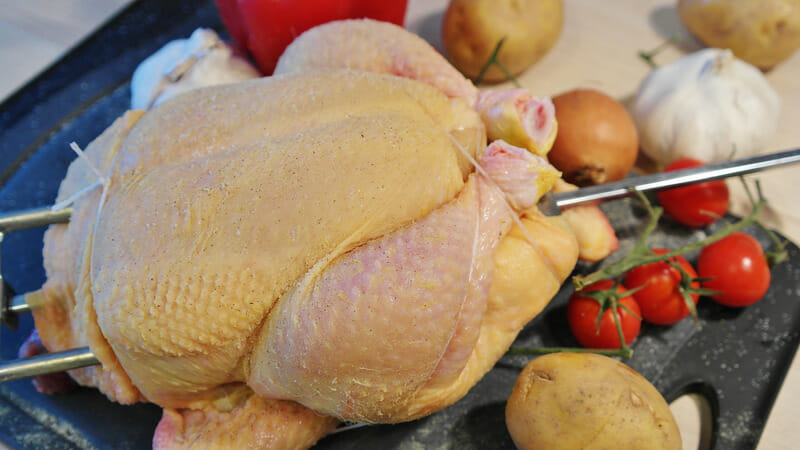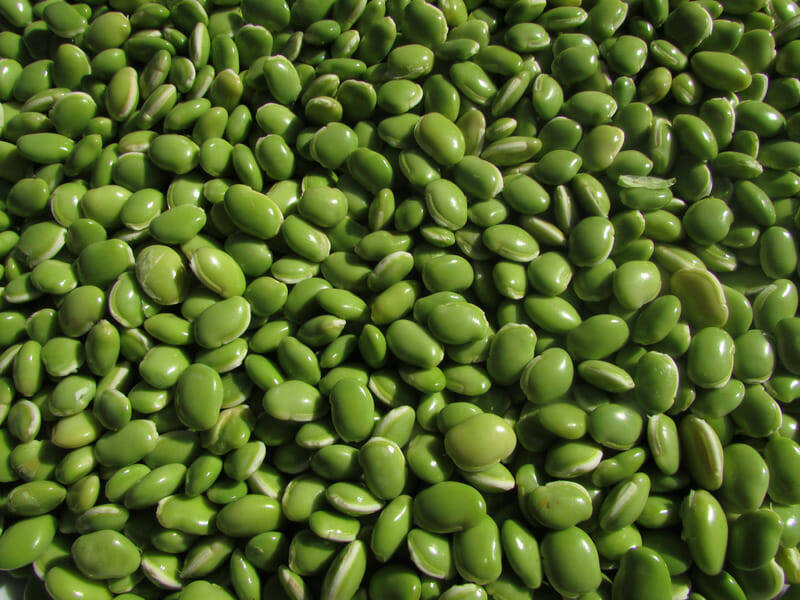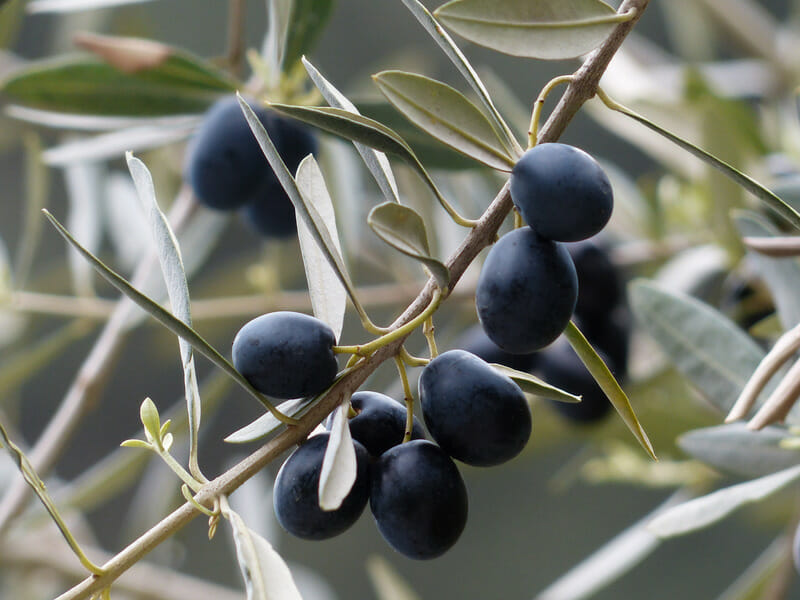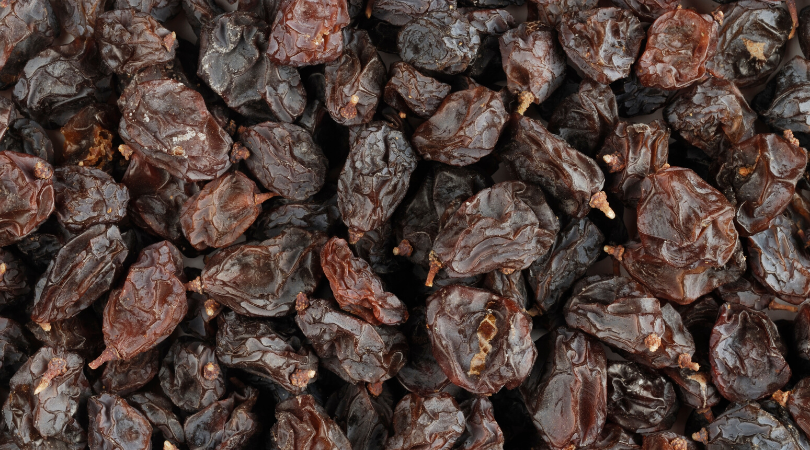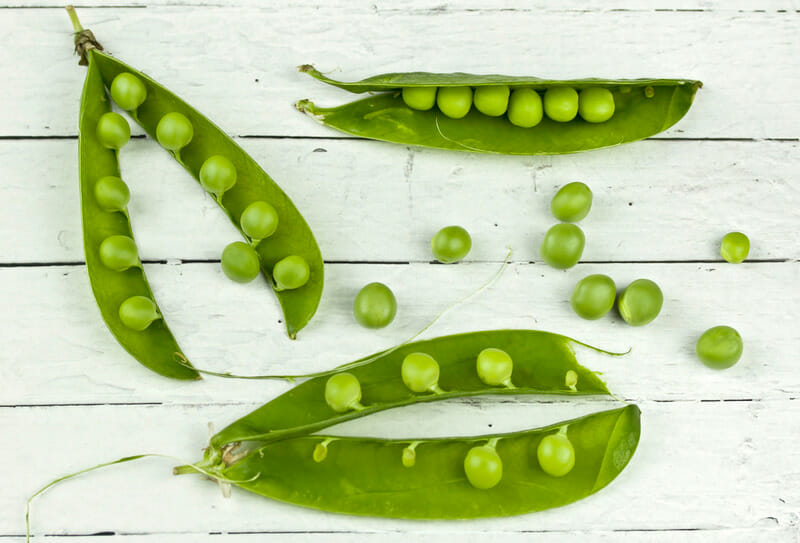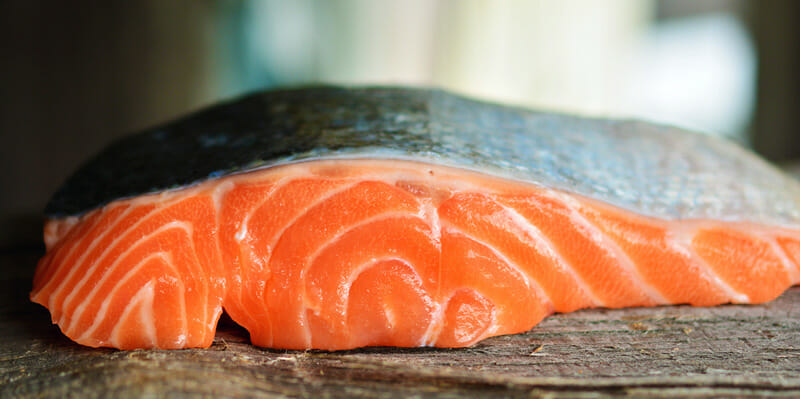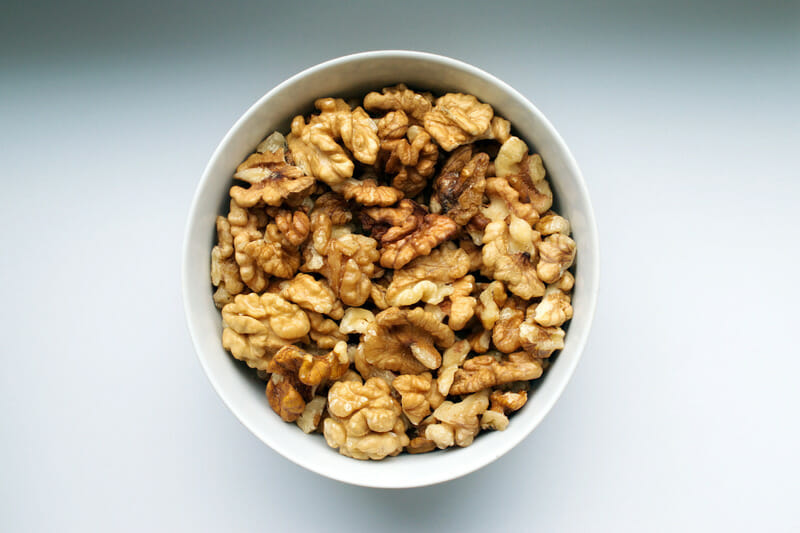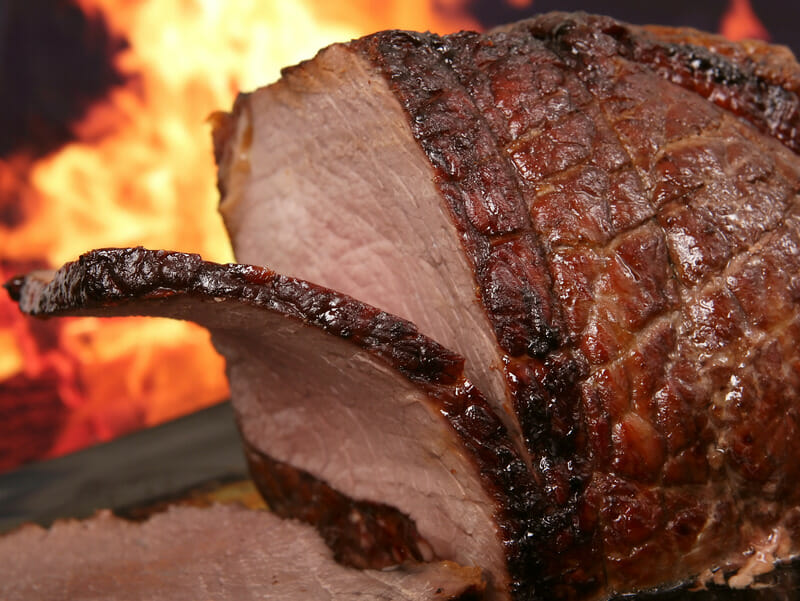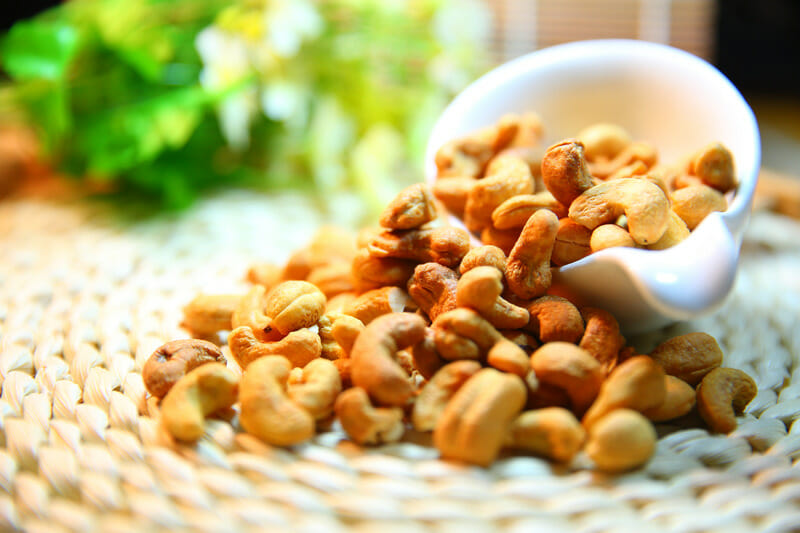The short answer: It is not recommended. The long answer: Chicken provides energy, builds lean muscle mass, and promotes bone health, which can all benefit your dog. However, serving your pooch uncooked chicken increases the chances of him ingesting all kinds of bacteria, such as campylobacter, salmonella, clostridium perfringens, E. coli, and yersinia. These bacteria… Continue reading Can Dogs Eat Raw Chicken?
Author: Mimi Tiu
A freelance editor based in the Philippines, Mimi Tiu is a proud paw aunt to a family of Terriers and a Ragdoll-Persian cat. When she isn’t creating meaningful content for Waldo’s Friends, she finds pleasure in chronicling her ice cream discoveries and coming up with meticulously detailed plans for her next getaway. Follow her adventures on Instagram @nicetomitiu.
Can Dogs Eat Beans?
The short answer: It depends. The long answer: Rich in protein, vitamins, and antioxidants, beans are pod-borne seeds of leguminous plants. There are more than 19,000 varieties of legumes, but not all of them are safe for your dog. Dog-friendly beans include edamame beans, pinto beans, black beans, kidney beans, soybeans, garbanzo beans, green beans,… Continue reading Can Dogs Eat Beans?
Can Dogs Eat Olives?
The short answer: Yes and no. The long answer: Packed with vitamin E, healthy fats, and powerful antioxidants, olives are small fruits that are used to create olive oil. Black or green olives can both be eaten by your dog in moderation, but only if they are served plain and pitless. Salted, spiced, pickled, or… Continue reading Can Dogs Eat Olives?
Can Dogs Eat Raisins?
The short answer: No. The long answer: Raisins are dried grapes, so the toxic effects your dog would get from eating grapes also holds true for raisins. Its poisonous agent has not yet been determined, but it appears to come from the flesh of the fruit. No matter what his age, breed, gender, or size,… Continue reading Can Dogs Eat Raisins?
Things You Should Know Before Adopting a Cat
Whether you’re considering bringing home a full-grown cat from a rescue shelter or taking in a friend’s foster kitten, adopting a cat is a lifetime commitment. Choosing to adopt means you’ve thought about all the aspects of responsible pet care, from providing quality food and healthcare to keeping your cat groomed and entertained all year… Continue reading Things You Should Know Before Adopting a Cat
Can Dogs Eat Peas?
The short answer: Yes, but with caution. The long answer: Used as a common ingredient for high-quality dog food, peas are excellent sources of dietary fiber, vitamins A, B, and K, and nutrients such as folate and potassium. Your dog can enjoy eating different types of peas such as green peas, garden peas (shelled), English… Continue reading Can Dogs Eat Peas?
Can Dogs Eat Salmon?
The short answer: Yes, but with caution. The long answer: Salmon is a type of small-sized, short-lived oily fish that can be safely eaten by your pet dog. It is an excellent source of protein and omega-3 fatty acids, and is also known to contain minerals zinc, potassium, and magnesium, as well as vitamins A,… Continue reading Can Dogs Eat Salmon?
Can Dogs Eat Walnuts?
The short answer: No. The long answer: Though dogs can occasionally eat a few pieces of peanuts and cashews, walnuts are a big no-no for them. These large, hard-shelled nuts can block your dog’s airway, trigger gastrointestinal distress, and be the cause of toxic poisoning. Plus, moldy walnuts may contain tremorgenic mycotoxins that can lead… Continue reading Can Dogs Eat Walnuts?
Can Dogs Eat Ham?
The short answer: It is not recommended. The long answer: Ham is processed meat that comes from a pork leg cut. It is preserved through wet or dry curing, and sometimes smoked. Because the preservation and flavouring process of ham is done with salt, it is highly unsuitable for dogs. Salt can make your dog… Continue reading Can Dogs Eat Ham?
Can Dogs Eat Cashews?
The short answer: Yes, but only very small amounts. The long answer: Cashews are one of the few nut varieties that dogs can safely consume. They are great sources of fiber, omega-3 fatty acids, antioxidants, and vitamins, and are known to improve blood pressure. Since cashews are also high in protein and fat (which can… Continue reading Can Dogs Eat Cashews?

